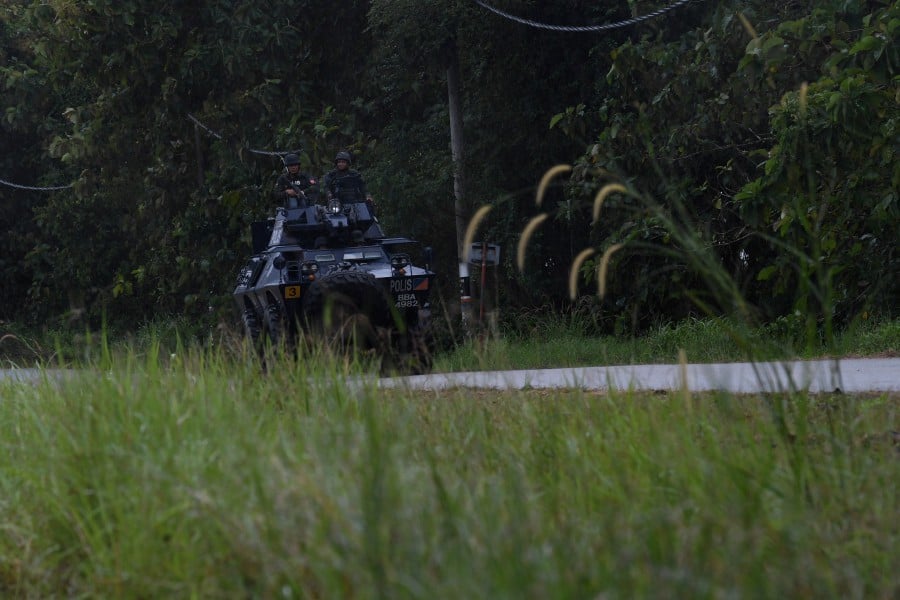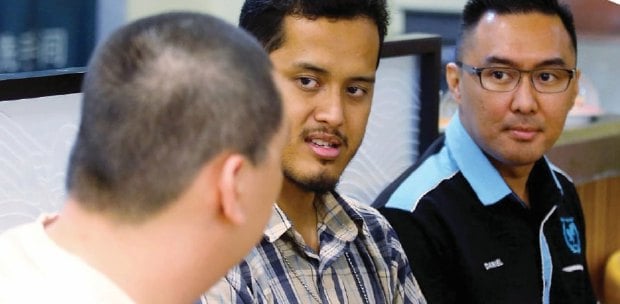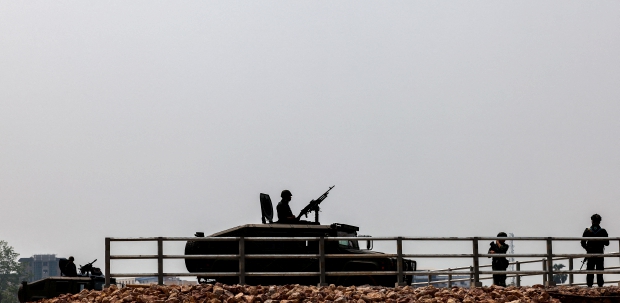KUALA LUMPUR: The recent shooting incidents between Malaysian security forces and smugglers along the Malaysian-Thai border have raised fresh concerns over the need for tighter border control.
Experts believe that the solution lies in a two-pronged approach, by adopting new technology for surveillance, as well as bolstering regional cooperation.
Dr Tharishini Krishnan from the National Defence University Malaysia said Malaysia had been engaging major powers in recent years to upgrade its security assets.
"In 2019, the United States announced that it would deliver drones to its Southeast Asian partners over the next few years. As part of the Maritime Surveillance Initiative, Malaysia has been the biggest recipient of these drones, having been provided 12 Scan Eagle unmanned aerial vehicles. The delivery is scheduled to be completed in 2022.
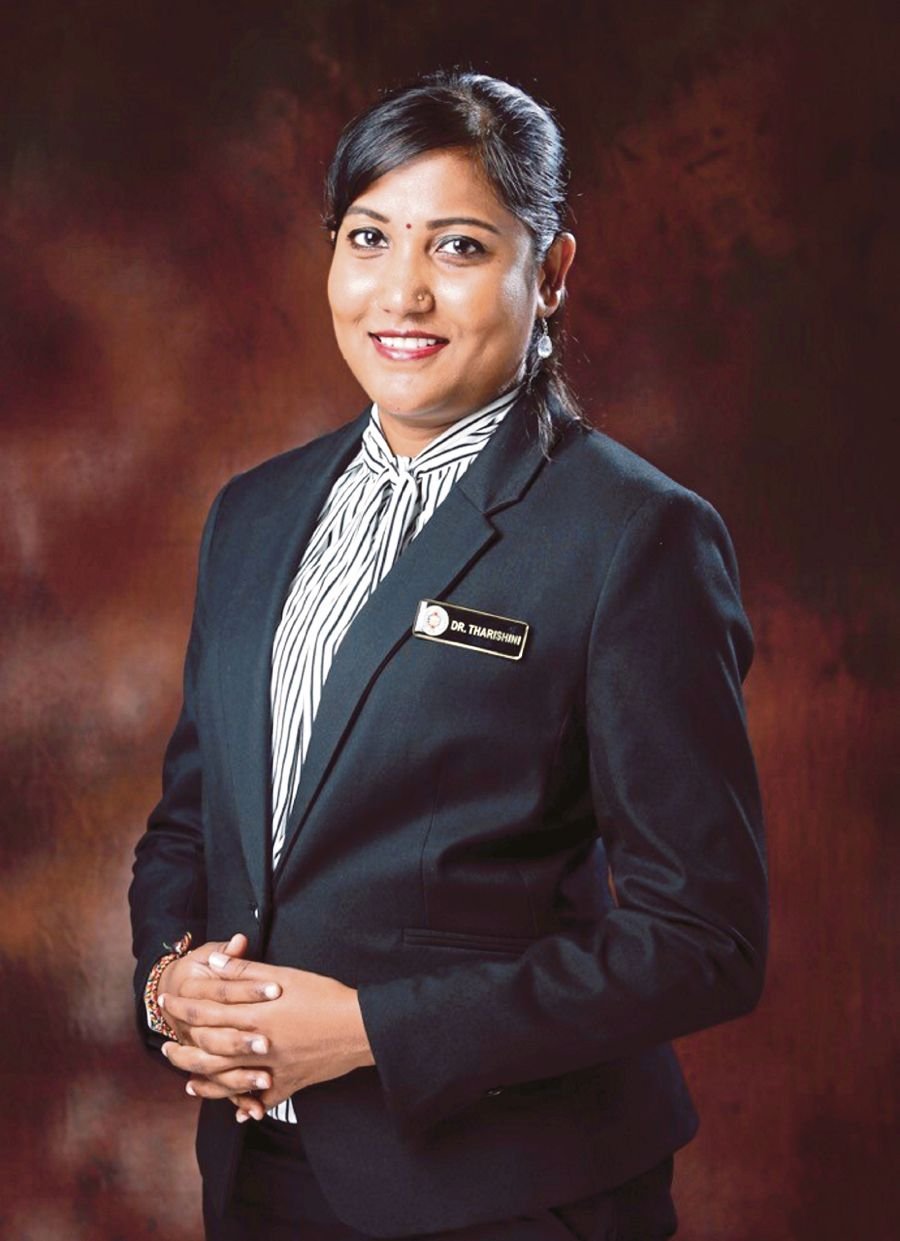
"Malaysia can also incorporate information-sharing centres or centralised border security databases, geospatial mapping, and biometrics at borders to control illegal activities," she told the New Straits Times.
She urged the authorities to get the support of local communities living along coastal areas by improving their livelihood.
"The coastal area is the bridge between the sea and land. Smugglers and human traffickers can exploit the local communities there to peddle their illegal activities.
"How else can drug-profiteering continue to be rampant during the Covid-19 pandemic?
"During the Movement Control Order, people living along coastal areas may have less income and since they have close contact with the sea, they could have been tempted to assist smuggling and human-trafficking activities.
"So improving the livelihood of coastal communities will encourage them to become the 'eyes and ears' for the authorities to curb illegal activities."
On Nov 25, two gun battles broke out at the Malaysia-Thai border involving General Operations Force (GOF) personnel.
In the first incident, Corporal Baharuddin Ramli, 54, was killed, while his colleague, Corporal Norihan Tari, 39, sustained severe injuries after being shot in the stomach when they encountered 13 smugglers during a patrol. Later that day, another GOF personnel sustained minor injuries when he was shot while patrolling the border.
Sources told the NST that smugglers operating along the border were becoming more aggressive as tighter border control measures due to the pandemic had crippled their activities.
The National Patriots Association (Patriot) echoed calls for greater use of technology to patrol the borders.
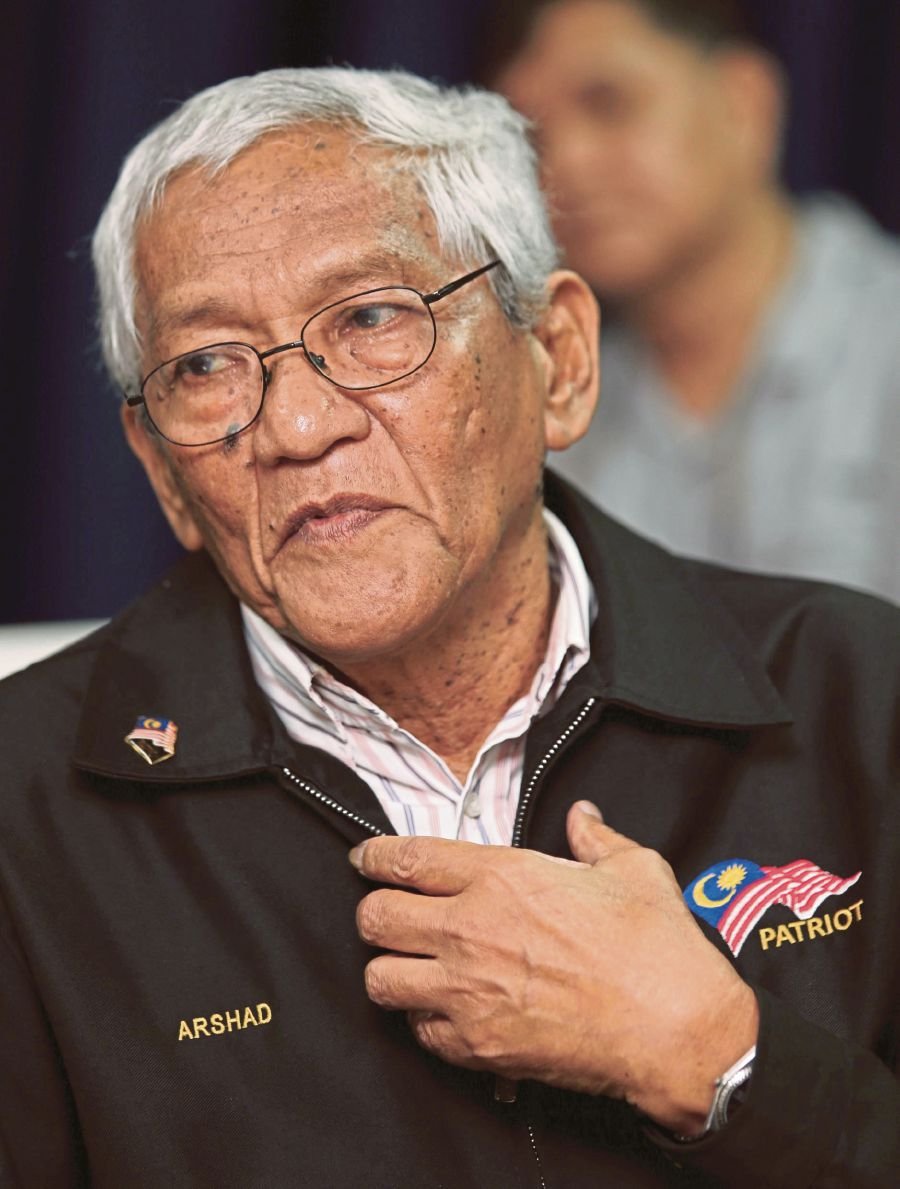
Its president, Brigadier-General (Rtd) Datuk Mohamed Arshad Raji, called on enforcement officers to deploy remote sensors and drones with night vision capabilities for surveillance.
"This will help enforcement authorities to plug 'rat lanes' across our porous land borders.
"Malaysia must also strengthen cooperation with neighbouring countries, such as Thailand, to curb cross-border crimes.
"Border control against smuggling and human trafficking demands for authorities from both countries to work together. The problem cannot be left entirely to us to resolve."
Dr Andika Wahab from the Institute of Malaysian and International Studies of Universiti Kebangsaan Malaysia said Malaysia must identify the root causes of cross-border crimes before raising the issue at regional avenues.
"Border intrusions have been recurring for decades, but unfortunately, we have not addressed the root causes.
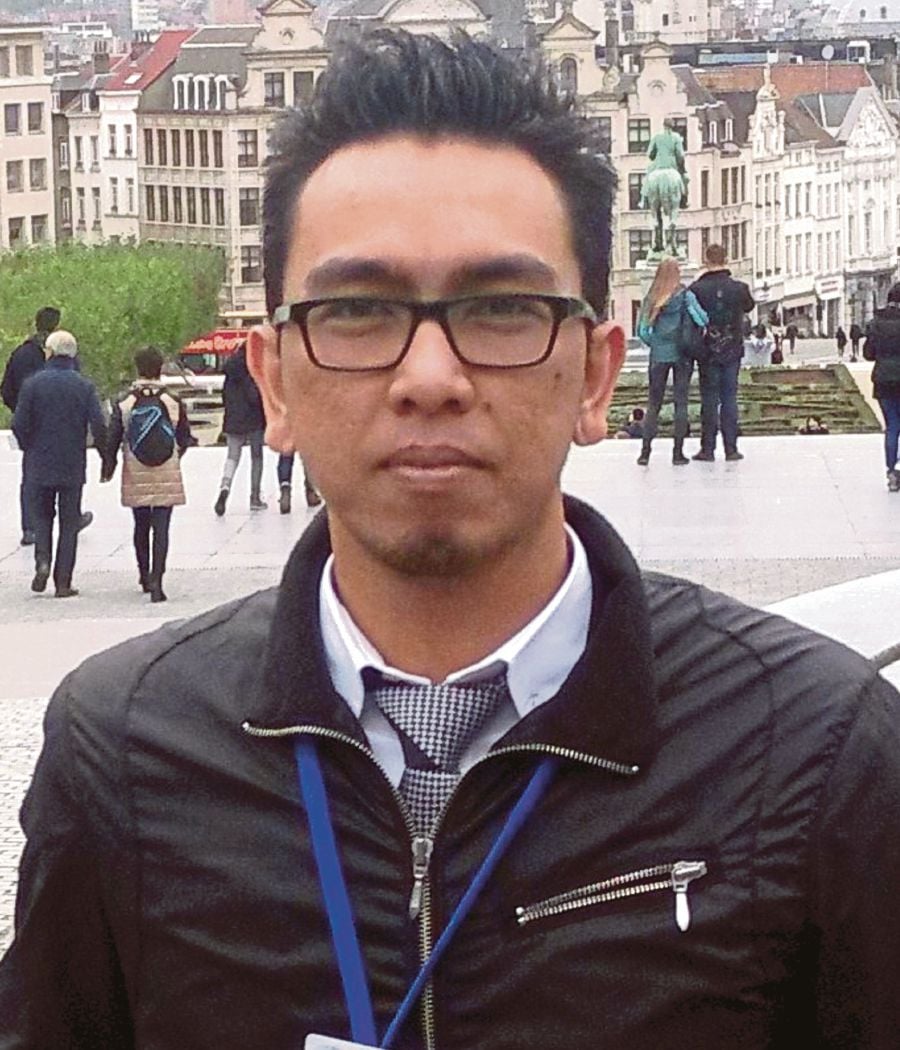
"Rather, we take a 'firefighting' approach by responding only when intrusions occur.
"Each case of border intrusion has its own root cause(s). For example, some are politically driven such as in the case of Rohingya asylum seekers entering our borders, while others are economically driven for job opportunities, or even for criminal activities such as trafficking.
"Some of these issues are beyond Malaysia's control. For example, Malaysia cannot stop asylum seekers from fleeing their country until the root causes (political stability and citizenship recognition) are addressed.
"Malaysia can only increase its border control, but there is a limit to it due to wider geographical coverage and porous borders.
"This is where regional instruments and mechanisms come into play."
Dr Andika said Malaysia should engage in consistent dialogues with its neighbours through existing instruments and mechanisms such as the Asean Convention against Trafficking in Persons, Especially Women and Children and the Asean Senior Officials Meeting on Transnational Crimes (SOMTC).
"However, the government should diversify its regional efforts and not leave everything in the hands of SOMTC.
"Other regional mechanisms should be explored such as the Asean Intergovernmental Commission on Human Rights, Asean Commission on the Promotion and Protection of Women and Children and the Senior Labour Officials Meeting."


